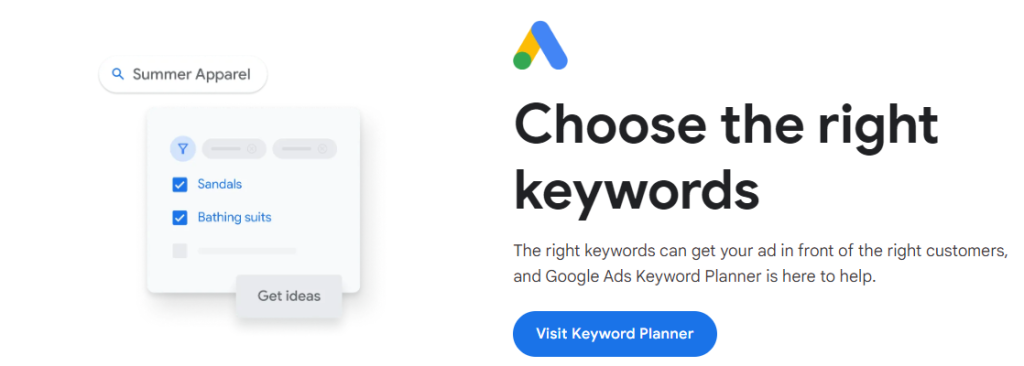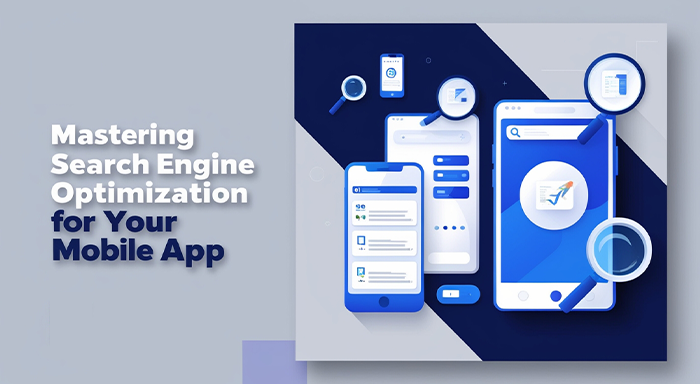As per Google, almost one-third of users discover new apps through search engines. Consequently, Google now actively suggests mobile apps based on SEO algorithms.
In this post, we’ll explore what is SEO for mobile apps, why it is very similar to ASO, how to master SEO for a mobile app, and how mobile application development services help to enhance SEO.
What is SEO for mobile apps?
SEO for mobile apps involves a process where search engines display content not just from websites but also directly from mobile apps in their search results.
When users enter keywords or phrases into a search engine, they might see a dedicated block in the search results highlighting content from relevant mobile apps.
Here are two scenarios for what happens next.
- They click the link and get redirected to the installed app on their device.
- They click the link and get to the app's page on Google Play or the App Store, and then download a mobile app.
Here’s how the search results look for mobile apps.
The proper configuration of an app is necessary for it to be indexed by search engines and show up in search results. This configuration involves connecting the app to a related website, configuring an intent filter, and integrating the app with the app indexing API.
SEO vs. ASO
While search engine optimization (SEO) improves your website's exposure across search engines, app store optimization (ASO) improves your app's visibility on stores like Google Play and the App Store.
To clarify the difference between SEO and ASO for mobile apps, check the following table.
| Criteria | ASO | SEO |
| Primary Focus | App stores | Search engines |
| Scope of Content | Metadata and user reviews | Blogs, landing pages, and other multimedia elements |
| Main Goal | Boost downloads within the store | Broaden the visibility of the app in the Internet |
| Keyword Implementation | Integrates keywords primarily in the app’s title, description, and in the app’s reviews | Keywords are strategically placed throughout the website’s content and its metadata |
| Optimization Features | Focuses on the app icon, screenshots, user ratings and reviews, and localization strategies | Includes on-page SEO like content enhancement, technical SEO for improving site architecture and SEO content localization for reaching international audiences through region-specific search intent |
| Metrics for Success | Monitored through metrics like app store rankings, download counts, and user feedback | Measured by analyzing web traffic, bounce rates, keyword rankings, and conversion metrics |
| Content Strategy | Concentrates on keywords related to the app and incorporates user feedback for improvement | Implements a wide-ranging content strategy that includes various forms of media to engage a broader audience |
| Indexation Reach | Limited to searches within the app stores | Broadly indexed across the web, allowing content to appear in various search results |
| Integration and Tools | Utilizes specific tools designed for app stores | Involves comprehensive web-based SEO practices, including linking the app to a website and using technologies like App Indexing API and Intent Filters for deeper integration |
SEO for mobile apps is like a broader ASO but on a different scale and focus. To “conquer” the Internet, being in Google Play or the App Store alone isn’t enough — you’ll blend in with all the other apps. Search engines need something tangible to index — enter your app’s webpage. To index the app, you should use relevant keywords.
Keywords for SEO Optimization
One of the core elements of SEO is a semantic core. It is a collection of keywords and phrases that describe the content and functionality of an app. These are utilized to optimize content, metadata, and other components to improve relevance and increase visibility in search engines.
To compile a semantic core, it's essential to:
- Identify the target audience, which includes potential users, their interests, and behaviors.
- Gather keywords, incorporating all possible search query variations using specialized tools such as Google Keyword Planner or KeyCollector.
- Analyze competitors by studying the keywords they use in their content and meta-tags. This process can also be automated.
- Perform cleaning and clustering of queries by removing irrelevant or overly broad terms and organizing the remaining keywords based on themes and frequency.

Why does a blog matter for mobile app SEO?
A blog is the best method for working with and incorporating keywords. It’s not mandatory but highly beneficial if we want to outrank competitors.
What else is useful for enhancing SEO optimization?
Include information about your company, who works there, videos of your work, and interviews that highlight the app and the people behind it.
Don’t forget to add links to LinkedIn and other platforms to verify that these individuals truly exist. Also, include links to the app's social media profiles or the company’s channels.
Specialists needed for SEO mobile app optimization
Mobile app development services
Mobile app development services are pivotal in developing your app by incorporating features such as a blog section, a landing page, and additional screens for content placement.
Mobile apps can be developed natively or cross-platformly, and there are various visibility challenges in Google depending on the way the app is developed. Application development services address these issues, ensuring the app is user-friendly and optimized. To do so, they focus on these key areas:
- Server-side rendering (SSR). Ensures content is fully indexed by search engines.
- Optimizing API performance. Boosts speed and efficiency.
- App indexing. Makes app content discoverable in Google Search.
- Deep linking. Directs users to specific app pages.
- Caching strategies. Improves load times for returning users.
- Image and media optimization. Balances quality and load speed.
- Accessibility enhancements. Expands user base and improves SEO.
- Mobile-first design. Ensures optimal performance on mobile devices.
- Secure architecture. Protects data and improves SEO rankings.
- Technical SEO audits. Identifies and fixes issues impacting visibility.
SEO specialists
They are responsible for conducting comprehensive keyword research, developing strategic SEO plans, and implementing optimization tactics to improve your app's ranking in search engine results..
Related Reads
Understand And Boost Your Bussines With Local SEO
Link Insertion: Ultimate Guide & Optimize Your SEO Approach
On-Page vs Off-Page SEO | Understanding the Pillars of Search Engine Optimization








